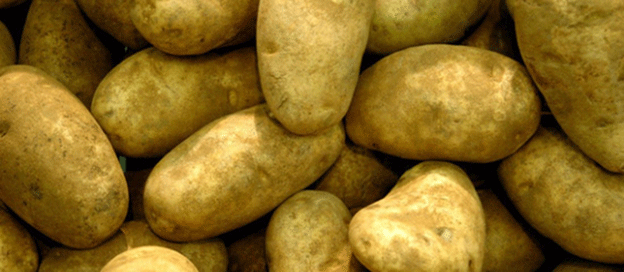A recent inspection by Russia’s Rosselkhoznadzor stopped two shipments—20 tons of potatoes from Pakistan and 22 tons of cabbage from Uzbekistan—from entering Chelyabinsk Oblast due to serious labeling and documentation violations. The incident underscores growing scrutiny over imported produce and the importance of strict phytosanitary compliance.
Southern Urals Rejects Over 40 Tons of Imported Produce Due to Violations
In late March 2025, Russia’s Federal Service for Veterinary and Phytosanitary Surveillance (Rosselkhoznadzor) intercepted 42 tons of imported agricultural products destined for Chelyabinsk Oblast in the Southern Urals. The rejected cargo included:
- 20 tons of Pakistani potatoes, transiting via Kazakhstan
- 22 tons of Uzbek cabbage, also entering through Kazakhstan
According to official reports, the shipments were halted due to violations of Russia’s phytosanitary regulations. Specifically, the Pakistani potatoes were found in unmarked bags, while the Uzbek cabbage was missing exporter country details on its labeling—a mandatory requirement for tracking origin and ensuring food safety compliance.
The Regulatory Context: Why Labeling Matters
Russia maintains stringent import regulations for plant-based products to prevent the introduction of quarantine pests, diseases, and to uphold consumer transparency. Unmarked or mislabelled shipments are considered high risk and often returned or destroyed.
In this case, the entire 42-ton cargo was returned to Kazakhstan, and administrative proceedings were initiated against the transporters involved. This enforcement aligns with national efforts to tighten border controls amid rising import volumes and concerns about product traceability.
According to Rosselkhoznadzor data, Russia intercepted over 18,000 tons of produce in 2024 due to non-compliance, an increase of 11% compared to 2023. Vegetables from Central and South Asia—particularly potatoes, onions, and cabbage—are among the most frequently inspected due to their high import volume and past quarantine violations.
Implications for Farmers and Importers
For Russian farmers and the domestic market, such strict enforcement can have a dual impact:
- Positive: Reducing low-quality or non-compliant imports helps protect local producers from unfair competition and supports domestic agriculture, especially in regions with increasing production like Stavropol and Bryansk.
- Challenging: It may lead to supply gaps in the off-season when domestic harvests are unavailable, prompting the need for well-regulated and timely import streams.
For exporters from countries like Pakistan and Uzbekistan, it’s a clear signal that compliance with Russian standards is non-negotiable. Clear labeling, documented phytosanitary certificates, and proper packaging are essential for access to one of Eurasia’s largest food markets.
The rejection of 42 tons of Pakistani potatoes and Uzbek cabbage by Rosselkhoznadzor highlights Russia’s firm stance on import compliance and its ongoing efforts to secure its food supply chain. For exporters, it’s a reminder of the importance of transparency, traceability, and strict adherence to regulations, while for local producers, it’s a boost in maintaining market integrity amid growing competition.







